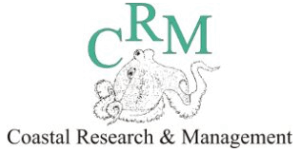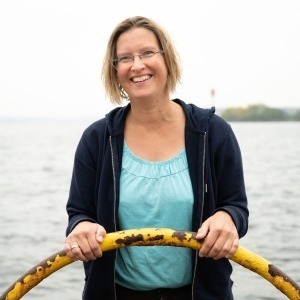AlgaeFood
Project description
In Germany, seaweed-based food is mainly known from Asian cuisine. The AlgaeFood project aims to establish algae as a healthy and sustainable food in regional culinary culture.
Algae provide important nutrients and do not require irrigation, fertilizers or farmland. As the Danish and German coasts have a large amount of algae biomass, their use as food could represent a cultural and economic added value for the region.
A variety of activities, such as cooking workshops and tastings at markets, are intended to familiarize consumers with the use of algae as a foodstuff. Furthermore, educational programs for children and young people are to be developed and implemented in order to introduce algae cuisine to a younger audience.
The project will focus on the use of regional algae. When selecting suitable types of algae, both the possible uses as a foodstuff and the possibilities for sustainable and economic production play a role.
Tasks of CRM:
- Collection of information on regional algae and their benefits for existing ecosystems
- Assessment of edible algae species in the region
- Description of different cultivation and harvesting methods: e.g. sustainable wild collection, community-operated underwater gardens, commercial algae farms
- Public relations work: e.g. creation of information brochures, presentations at public events
Project staff:
- Dipl. Biol. Verena Sandow
- Diana Woldmann, M. Sc. Ecotrophology
- Antje Garlichs, M. Sc. Food and Consumer Economics
Funded by: Interreg (co-financed by the European Union)
Project partners:
- University of Southern Denmark (SDU), Odense (DK)
- oceanBASIS GmbH, Kiel
- Fjord & Belt, Kerteminde (DK)
- Peninsula Nature, Bjert (DK)
Contact
Dipl. Biol. Verena Sandow
verena.sandow@crm-online.de





